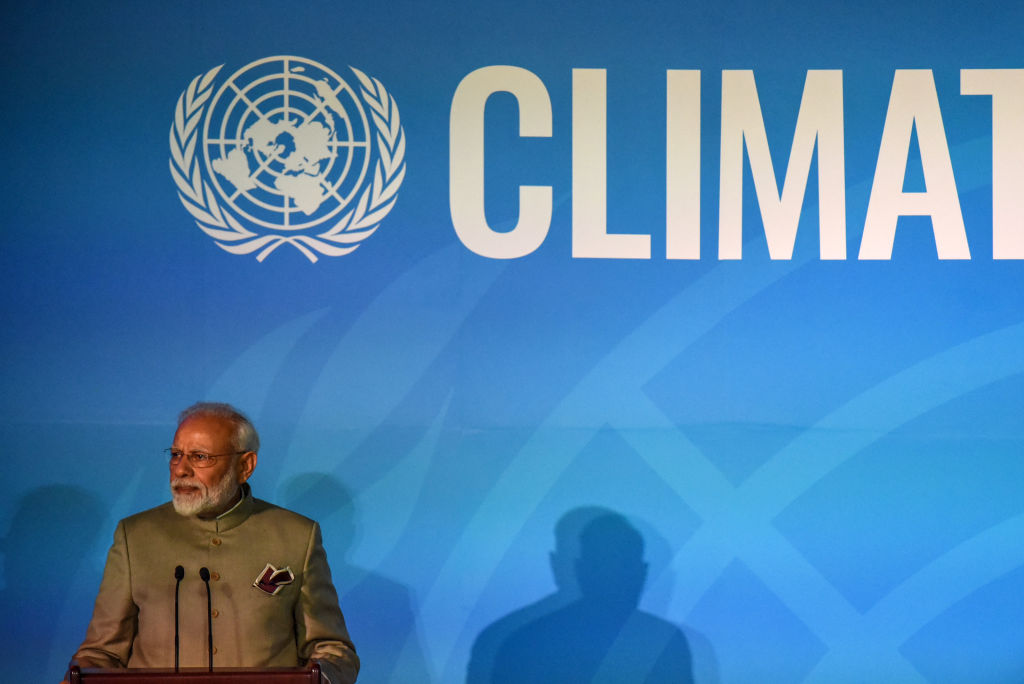- Tuesday, February 25, 2025

By: Shubham Ghosh
INDIA on Friday (27) said the recent IPCC (Intergovernmental Panel on Climate Change) report on climate change “may be the last signal” for taking solid action against global environmental challenges.
Bhupender Yadav, the country’s environment minister who recently took over, said while addressing the seventh meeting of the BRICS (Brazil, Russia, India, China, South Africa) Environment Ministerial 2021 that the members of the bloc can play a key role in addressing the current-day global challenges like climate change, air pollution, biodiversity loss, marine plaster litter, etc.
ALSO READ: Nirmala Sitharaman speaks with BRICS nations on Covid recovery
Irreversible climate crisis impacts await India: IPCC
Yadav stressed the need for taking concrete and collective global actions against the global environment and climate challenge, guided by equity, national priorities and circumstances and the principles of ‘Common but Differentiated Responsibilities and Respective Capabilities’, the environment ministry said in a statement.
Referring to the findings of the IPCC Working Group 1 contribution to the Sixth Assessment Report ‘Climate Change 2021: The Physical Science’, Yadav said, “The report has given enough, may be the last signal, for taking concrete collective global actions against global environmental and climate challenges.”
Asked India to aim at reducing emissions: COP26 president Alok Sharma
The BRICS meeting was held virtually at the Sushma Swaraj Bhavan in New Delhi, the national capital, under the chair of India and the environment ministers from the BRICS nations took part in it.
Chairing the meeting, Yadav said India attaches great importance to BRICS and 2021 is a very crucial year not only for BRICS but for the whole world as well, as UN Biodiversity Conference of Parties (COP) 15 and United Nations Framework Convention on Climate Change (UNFCCC) COP 26 are scheduled to be held in October and November, respectively.
The environment minister also told the BRICS ministerial that under the leadership of prime minister Narendra Modi, India today is leading by example by taking several robust steps in the field of renewable energy, sustainable habitats, e-mobility, transition to sustainable transport, creation of carbon sinks through additional forest and tree cover, mobilizing the private sector to make climate commitments, etc.
In the meeting, the environment ministers adopted the New Delhi Statement on Environment, which is also aimed at furthering the spirit of Cooperation for Continuity, Consolidation and Consensus in Environment among the BRICS nations.